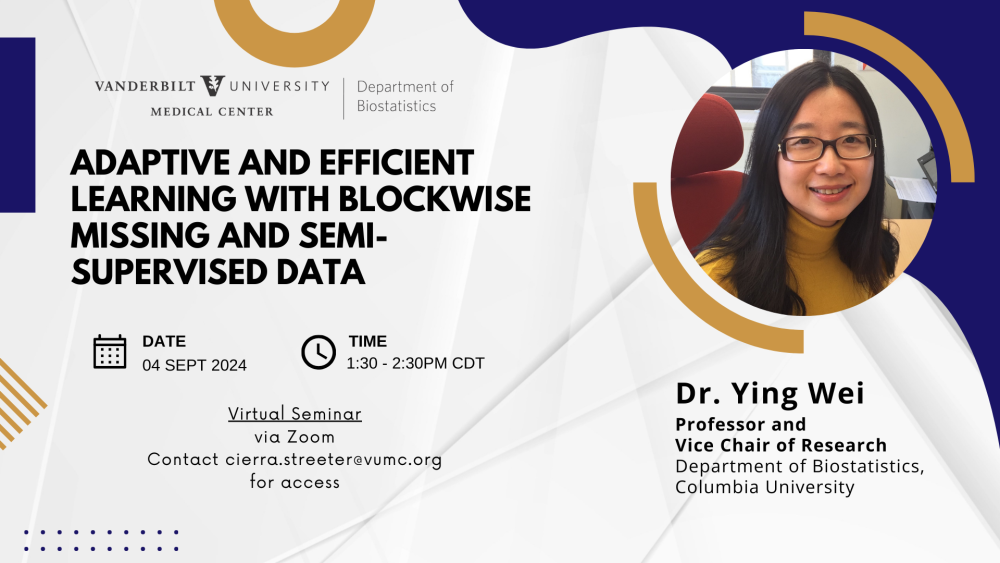
Abstract
Data fusion is an important way to realize powerful and generalizable analyses across multiple sources. However, different capability of data collection across the sources has become a prominent issue in practice. This could result in the blockwise missingness (BM) of covariates troublesome for integration. Meanwhile, the high cost of obtaining gold-standard labels can cause the missingness of response on a large proportion of samples, known as the semi-supervised (SS) problem. In this paper, we consider a challenging scenario confronting both the BM and SS issues, and propose a novel {\bf D}ata-adaptive projecting {\bf E}stimation approach for data {\bf FU}sion in the {\bf SE}mi-supervised setting (DEFUSE). Starting with a complete-data-only estimator, it involves two successive projections steps to reduce its variance without incurring bias. Compared to existing approaches, DEFUSE achieves a two-fold improvement. First, it leverages the BM labeled sample more efficiently through a novel data-adaptive projection approach robust to model misspecification on the missing covariates, leading to better variance reduction. Second, our method further incorporates the large unlabeled sample to enhance the estimation efficiency through imputation and projection. Compared to the previous SS setting with complete covariates, our work reveals a more essential role of the unlabeled sample in the BM setting. These advantages are justified in asymptotic and simulation studies. We also apply DEFUSE for the risk modeling and inference of heart diseases with the MIMIC-III electronic medical record (EMR) data. This is joint work with Molei Liu, Yiming Li, and Sean Yang.
Sign up to meet with Dr. Wei after the seminar here.
Ying Wei, PhD, is a professor of biostatistics and Vice Chair of Research in the Department of Biostatistics at Columbia University. Her methodological research focuses on quantile regression, a modeling strategy designed to capture comprehensive associations in complex systems. Building on this foundation, Dr. Wei's work is dedicated to addressing challenges related to missing data, measurement errors, and high-dimensional confounders in large observational datasets, ensuring accurate and reproducible applications. Additionally, Dr. Wei serves as the Director of the Translational AI Laboratory at the Mailman School of Public Health.